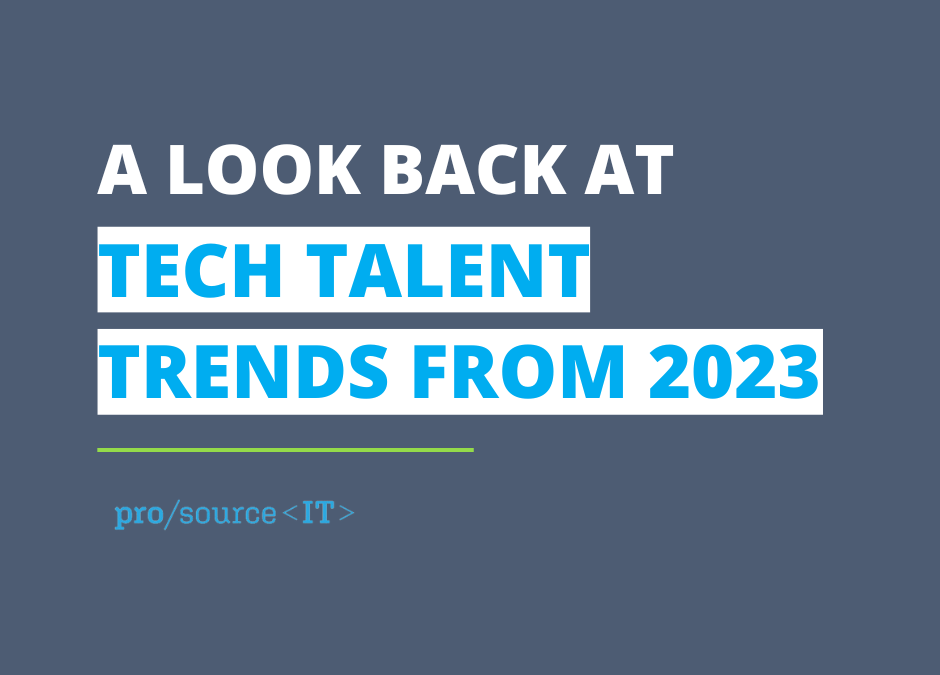The IT staffing industry has undergone significant changes in 2023, driven by technological advancements, evolving work arrangements, and social factors. In this article, we will explore the top trends that have shaped the IT staffing industry this year and how staffing firms can stay ahead of the curve to ensure success for the new year:
1. Rise of AI in IT Recruitment:
Artificial Intelligence (AI) is revolutionizing the IT recruitment process by automating time-consuming tasks, including candidate sourcing, resume screening, and interview scheduling. This technology allows recruiters to focus on more strategic activities like building relationships with candidates and clients. With AI’s efficiency and accuracy, staffing firms can expect faster and more effective hiring processes.
2. Skill Shortages in Emerging Technologies:
As the demand for emerging technologies like cloud computing, cybersecurity, and artificial intelligence grows, companies face challenges in finding and hiring professionals with relevant skills. Staffing firms must proactively address this issue by expanding their talent pools, collaborating with educational institutions, and providing training opportunities for candidates to upskill in these areas.
3. Remote Work and Hybrid Work Arrangements:
The COVID-19 pandemic has accelerated the adoption of remote work and hybrid work arrangements. Companies are increasingly embracing flexible work options to attract and retain top IT talent. Consequently, staffing firms need to adapt and find innovative ways to attract remote workers, manage remote teams effectively, and support hybrid work environments.
4. Upskilling and Reskilling:
Given the rapid pace of technological advancement, IT professionals must continuously upskill and reskill throughout their careers. Staffing firms can differentiate themselves by providing training and development opportunities to candidates, ensuring they stay relevant and competitive in the job market. By supporting the professional growth of candidates, staffing firms contribute to the long-term success of both individual professionals and their client companies.
5. Diversity and Inclusion:
The IT industry recognizes the importance of diversity and inclusion in promoting innovation and addressing societal challenges. Staffing firms are actively partnering with organizations that focus on underrepresented groups in IT to promote diversity and inclusion within their talent pools. By nurturing diverse talent and fostering an inclusive work environment, staffing firms contribute to creating a better and more sustainable IT landscape.
The IT staffing industry in 2023 has been marked by the rise of AI in recruitment processes, skill shortages in emerging technologies, remote and hybrid work arrangements, upskilling and reskilling opportunities, and a focus on diversity and inclusion. Staffing firms that have embraced these trends and adapt their strategies accordingly will be well positioned for success in the coming years. By staying at the forefront of technology, fostering a diverse and inclusive workforce, and empowering candidates for continuous growth, staffing firms can thrive despite change and secure a strong future in the IT staffing industry.
